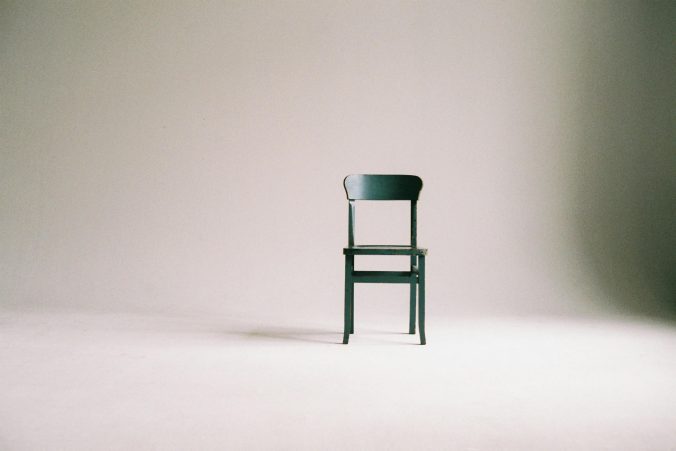Philosophy is an unusual activity, partly because it can be conducted to such a large extent while sitting still. Philosophers do not need research vessels, laboratories or archives to work on their questions. Just a chair to sit on. Why is it like that?
The answer is that philosophers examine our ways of thinking, and we are never anywhere but where we are. A chair takes us exactly as far as we need: to ourselves. Philosophizing on a chair can of course look self-absorbed. How can we learn anything significant from “thinkers” who neither seem to move nor look around the world? If we happen to see them sitting still in their chairs and thinking, they can undeniably appear to be cut off from the complex world in which the rest of us must live and navigate. Through its focus on human thought, philosophy can seem to ignore our human world and not be of any use to the rest of us.
What we overlook with such an objection to philosophy is that our complex human world already reflects to a large extent our human ways of thinking. To the extent that these ways of thinking are confused, limited, one-sided and unjust, our world will also be confused, limited, one-sided and unjust. When we live and move in this human world, which reflects our ways of thinking, can it not be said that we live somewhat inwardly, without noticing it? We act in a world that reflects ourselves, including the shortcomings in our ways of thinking.
If so, maybe it is not so introverted to sit down and examine these ways of thinking? On the contrary, this seems to enable us to free ourselves and the world from human thought patterns that sometimes limit and distort our perspectives without us realizing it. Of course, research vessels, laboratories and archives also broaden our perspectives on the world. But we already knew that. I just wanted to open our eyes to a more unexpected possibility: that even a chair can take us far, if we practice philosophy on it.

Written by…
Pär Segerdahl, Associate Professor at the Centre for Research Ethics & Bioethics and editor of the Ethics Blog.
We challenge habits of thought


